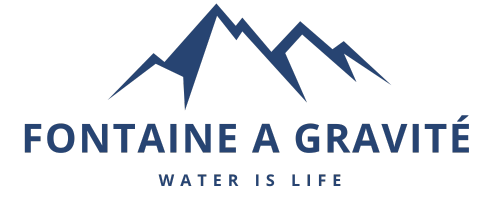Water alert in Nantes: sharp increase in hepatitis A cases
Share
Water alert in Nantes: sharp increase in hepatitis A cases
An atypical increase
Since June 2025, at least 16 cases of hepatitis A have been recorded in Nantes. The ARS of Pays de la Loire speaks of an unusual increase. For comparison, the region had 6 cases in 2021, 7 in 2022, 12 in 2023 and 14 in 2024.
The key role of contaminated water
Hepatitis A is transmitted by the fecal-oral route: ingestion of contaminated water or food, or contact with contaminated surfaces. Water is a major vector because it is used to wash foods consumed raw and, in certain precarious households, hygienic conditions (toilets, hand washing) are insufficient.
- Domestic water: Rinse fruits and vegetables with safe drinking water.
- Hygiene: Wash your hands with soap and water before eating and after using the toilet.
European context
The local increase is part of a broader dynamic in Central Europe (Austria, Hungary, Slovakia, Czech Republic). In Nantes, the origins are varied: returns from travel, vulnerable populations and a few local outbreaks with identical strains identified since April.
Symptoms and risks
Nausea, abdominal pain, fatigue, jaundice. The infection is often mild, but can be serious in vulnerable people (mortality ≈ 1/1000). Not chronic but very contagious.
Prevention measures
- Strict hygiene: hands, work surfaces, utensils.
- Secure power supply: avoid shellfish and raw seafood.
- Targeted vaccination: travelers, children in communities, people in precarious situations or those suffering from liver diseases; after contact, vaccination within 14 days.
- Health surveillance: identification of transmission chains and prevention actions.
Also read
- Indoor pollution: the air in homes under surveillance
- Practical advice: choosing the right sunscreen
Things to remember: Water quality remains a major health issue. Hygiene, water filtration and targeted vaccination are the best protections.
